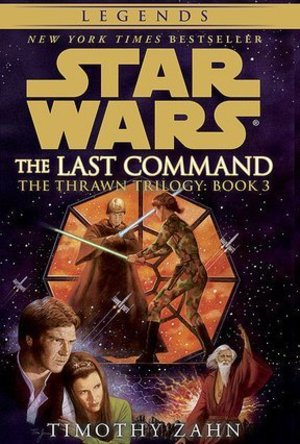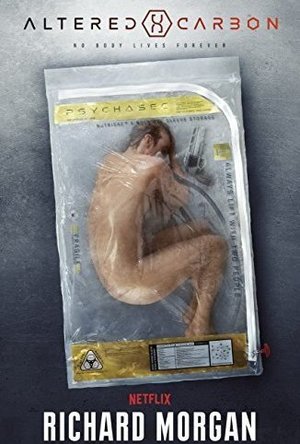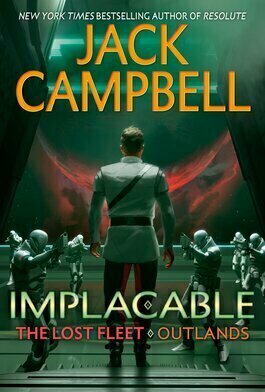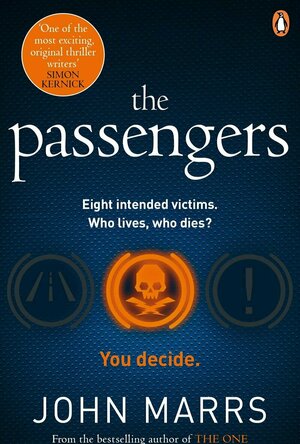
The Last Command (Star Wars: The Thrawn Trilogy, #3)
Book
The embattled Republic reels from the attacks of Grand Admiral Thrawn, who has marshaled the...

Altered Carbon
Book
This must-read story is a confident, action-and-violence packed thriller, and future classic noir SF...

Ghost Huntress Book 1 the Awakening
Book
It’s too freaking quiet here! I can’t sleep. Not a wink. This is the third night in a...

Early Departures
Book
Justin A. Reynolds, author of Opposite of Always, returns with another charming and powerful YA...

Of Sea and Stone (Secrets of Itlantis #1)
Book
Romance. Adventure. Cities under the sea. Perfect for readers who like determined, clever heroines,...
Young Adult Fantasy

Code Name Jack Rabbit (The Vampire Guard #1)
Book
Vampires and werewolves live long lives. The Sleepless City saga might have ended but the story...
SpyFi Espionage Paranormal Romance MM Vampires

Kids Chronicles: Quest for the Moon Stones
Tabletop Game
Kids Chronicles: Quest for the Moon Stones is a family, co-operative game of adventure and mystery...
ClareR (6054 KP) rated The Book of Koli in Books
Mar 6, 2023
It’s entirely believable though (in MY head, anyway!). Some catastrophe has happened in the past that has rendered all technology completely useless - unless you have the gift, that is. And Koli, it turns out, has. Except he’s not supposed to, and he’s exiled from his village.
Tech is considered to be like magic, and so when Koli actually manages to switch something on and learns how it’s done - it’s a revelation!
This first book is really just the set up for the next one I think, where we get to know the main characters of the next book (Koli, Ursala, the Drudge), and I’m definitely up for book 2!

Implacable (The Lost Fleet: Outlands #3)
Book
Admiral John “Black Jack” Geary fears the greatest threat to humanity may be itself in this...
Lyndsey Gollogly (2893 KP) rated The Passengers in Books
Apr 10, 2024
Kindle
The Passengers
By John Marrs
⭐️⭐️⭐️⭐️
You’re riding in your self-driving car when suddenly the doors lock, the route changes and you have lost all control. Then, a mysterious voice tells you, “You are going to die.”
Just as self-driving cars become the trusted, safer norm, eight people find themselves in this terrifying situation, including a faded TV star, a pregnant young woman, an abused wife fleeing her husband, an undocumented immigrant, a husband and wife, and a suicidal man.
From cameras hidden in their cars, their panic is broadcast to millions of people around the world. But the public will show their true colors when they are asked, "Which of these people should we save?...And who should we kill first?"
Another brilliant book from John Marrs. This author seriously has me worried about using technology. This was so intense and so frightening. It showed human nature at its worst. There is always someone watching and waiting to bring the truth out in people could you sit and choose who would live or die? I’m not sure I could.

